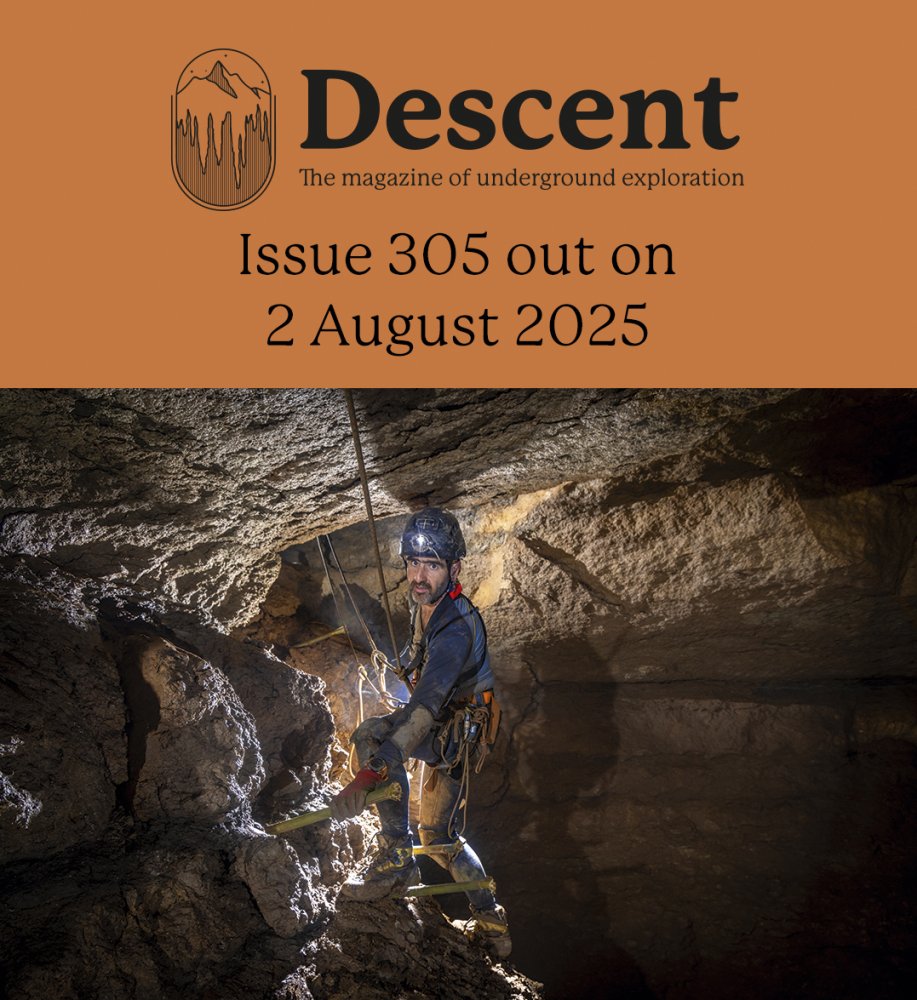I would love to see what the true cost of nuclear power is. Huge amounts have gone into nuclear R&D and subsidising building the plant, and whatever storage medium we come up with, we still need to store the waste an inordinately long time, which in the long term poses massive problems. Nuclear is an expensive stop-gap but may have a place as such.
Personally I hope fusion research comes to fruition before too long, the byproducts are markedly less toxic and have shorter lives. News reports seem to suggest it's coming close (relatively) - is there a place for fission reactors in the meantime?
Personally I hope fusion research comes to fruition before too long, the byproducts are markedly less toxic and have shorter lives. News reports seem to suggest it's coming close (relatively) - is there a place for fission reactors in the meantime?


